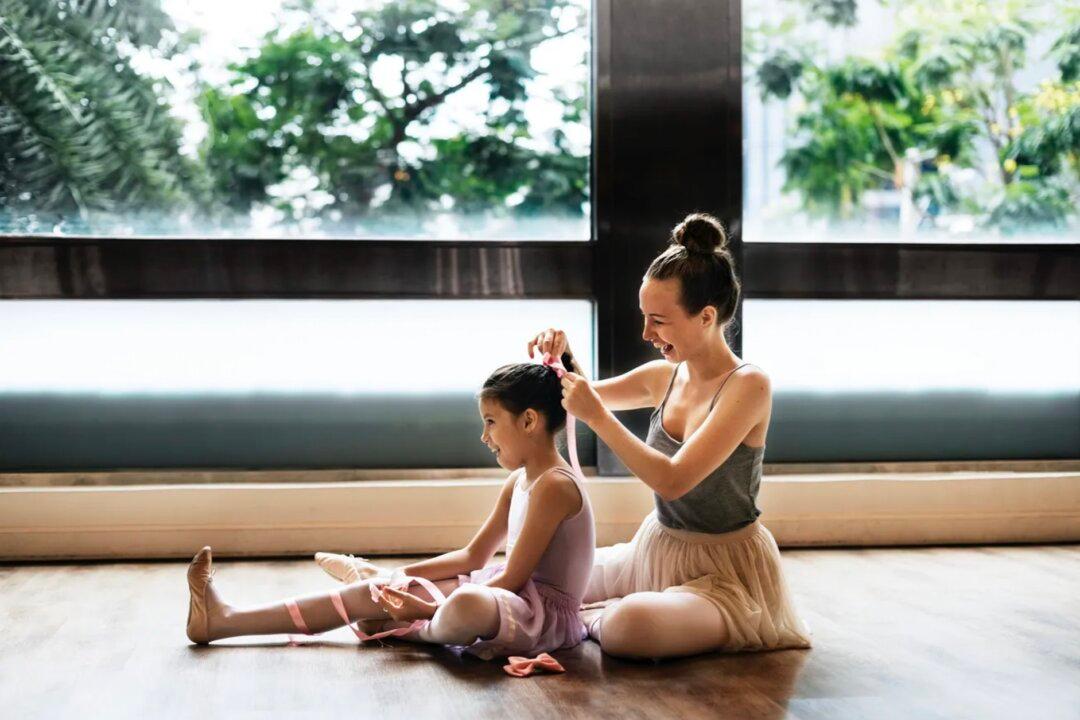Just like the family of ducks in Robert McCloskey’s children’s classic “Make Way for Ducklings,” as parents, we “make way” for our children.
Yet the inevitable day will come when it’s time for our kids to graduate high school, head off to college, or move out on their own, and as parents, we’re left wondering: Have we done enough? Have we taught them what they need to know?




